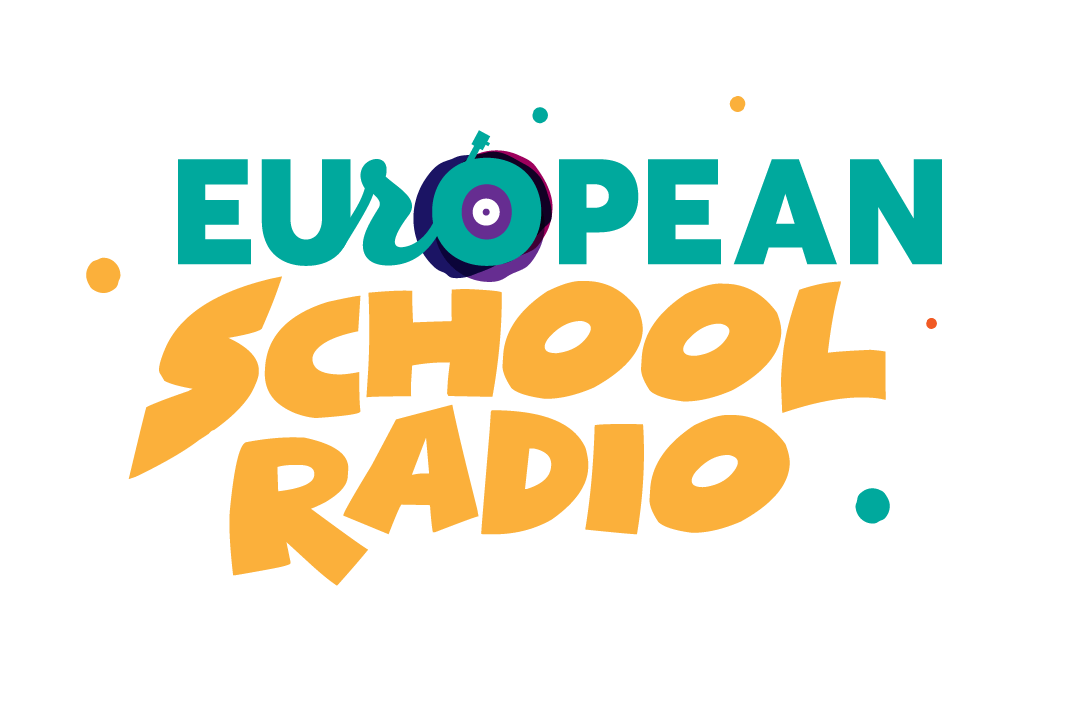
Evaluation and Awards
For Podcasts
- Content and Structure: quality and clarity of content, well-structured presentation of topics
- Presentation: competence of speakers or presenters, the pace of the podcast, and the ability to keep the audience engaged
- Creativity and Originality: the use of new and innovative ideas, the ability to creatively assimilate influences
- Production: sound quality and processing, including transitions, sound effects, and/or music
- Overall impact: the extent to which the podcast influences or inspires audiences
For Songs
- Music Composition: the song’s melody, rhythm, harmony, and structure
- Lyrics: quality, depth, originality, and meaning of lyrics
- Execution: quality of music performance, dexterity of musicians, expressiveness of performers
- Creativity and Originality: the use of new and innovative ideas, the ability to creatively assimilate influences
- Production: sound quality and mixing
- Overall impact: the extent to which the podcast influences or inspires audiences
EVALUATION PROCESS
- Judging Committees: entries are evaluated by the judging committee assigned to each category. Judging committees are made up of competent members whose names will be announced on the Contest website: http://contest.europeanschoolradio.eu/
- Participating Schools: each school may evaluate the entries submitted in the category of its own entry based on guidelines forwarded to the teacher acting as project manager.
Entries are forwarded by the organizers to the Judging Committees and to schools without exposing details about the identity of the student projects.
The evaluation of the “Make It Heard 2026” Contest will take place immediately after the end of the submission of entries. Evaluators will be juries made up of exceptional professionals from the fields of music, journalism, and education, as well as the schools participating in the competition. Schools involved in the process are encouraged to use the new assessment process for critical listening and pedagogical use.
Evaluation process by the participating schools
- Each school that has submitted participation in the competition will have access to the same account as the one that submitted, to a special evaluation page.
- This page will automatically display a list of audios of all the entries of the grade the school belongs to and the category it is competing in, without any other identification of the entries. For example, if an elementary school (ages 8- 12) has submitted a podcast entry, the audio of all elementary school (ages 8- 12) podcasts will be displayed.
- On the same page, each school will be able to select a number of entries (other than their own entry) that they will rate as the best in descending order (1st, 2nd, 3rd, etc.). That is, the entry declared as 1st choice will be considered the best.
- The number of entries that each school will be able to choose will be proportional to the number of entries in the specific category.
- The page will give a unique code that can be used for access by students so that they can listen to the entries from their home as well. Students will not be able to register the options. Only the teacher will be able to enter the options.
- After the submission of the evaluation by each school, it will not be possible to differentiate the options.
Educational use of the process
The process of critically listening to peer-to-peer work can benefit the learning process in many ways. The Organizing Committee created and made available to the participating schools supplementary educational material:
AUDIENCE AWARDS
Listeners will be able to listen to all entries from a specially designed web page. The visitors will be able to add “likes” to as many entries as they wish. An entry from each category (Podcast and Song) that collects the most “likes” will win an Audience Award.
Therefore, two (2) European School Radio “Audience Awards” will be announced through online voting for each category of participation (Podcast/Song).
WINNERS ANNOUNCEMENT
Also, the scores of the entries distinguished in the first places (beyond the top three) will be announced.
Schools in the top three will be invited to present their entries live. The final series of awards will be announced at the Awards Ceremonies.
The two (2) Audience Awards will be announced at the Awards Ceremonies.
AWARDS CEREMONY
- Preschools – Elementary Schools (ages 4 – 7)
- Elementary Schools (ages 8 – 12)
- High Schools (ages 13 – 15)
- Lyceums (ages 16 – 18)
- Special Schools
Also, two (2) European School Radio “Audience Awards” will be announced through online voting for each category of participation (Podcast/Song).
- All participating school units, regardless of whether they receive an award or not, will be given a Participation Certificate.
- All podcasts and songs will be broadcast on the European School Radio programme.
- Further, school units will be able to present their song or podcast in the context of the 10th Student Radio Festival European School Radio Festival, scheduled to take place in Corfu, between 22-25 April 2026.
-
The Award Ceremony for the Song Category will take place on Wednesday, April 22, 2026, at 18:00 at the Municipal and Regional Theatre of Corfu.
The Award Ceremony for the Podcast Category will be held on Saturday, April 25, 2026, at 10:00 at the Ionian Academy.